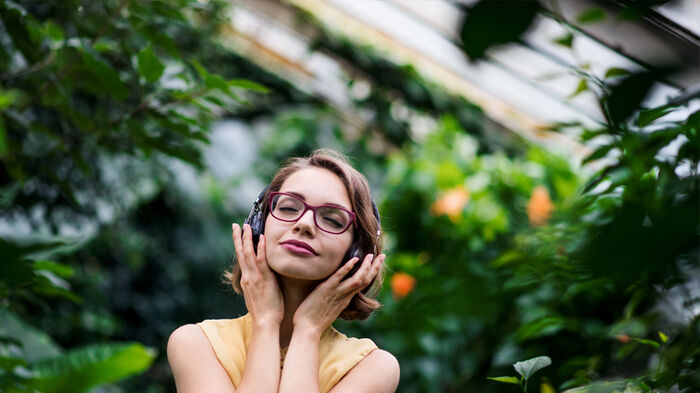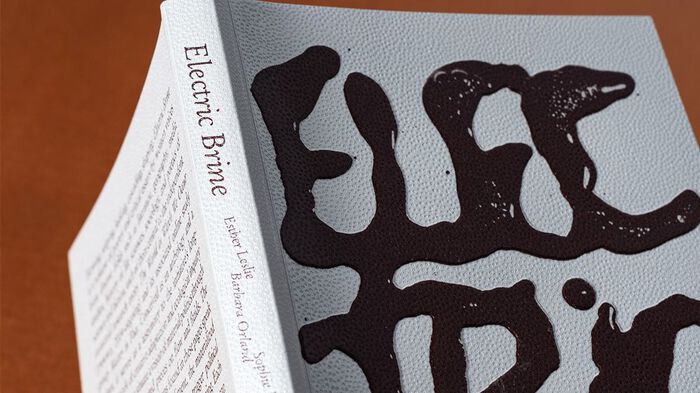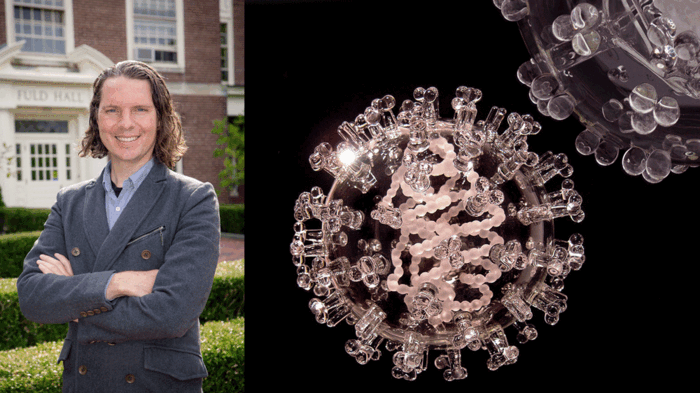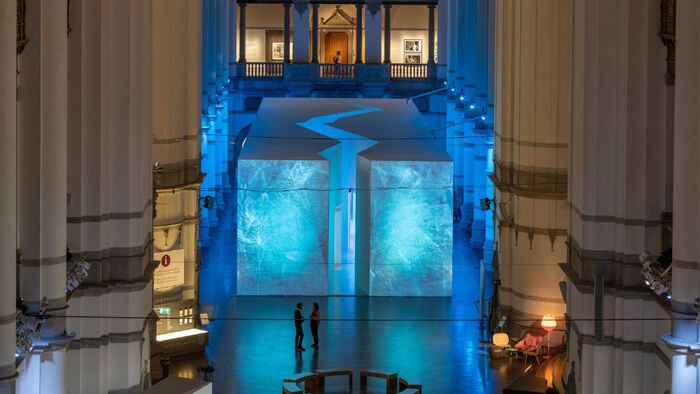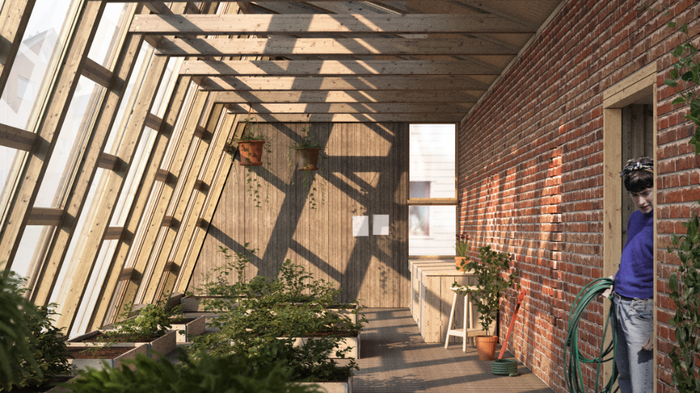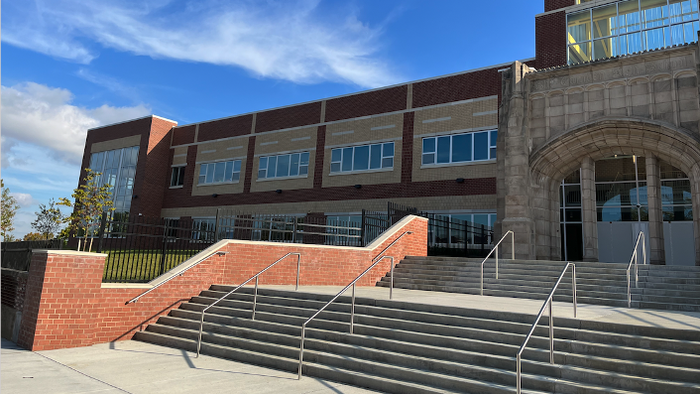Arrangementer
Tidligere
In this Environmental Humanities Lecture, anthropologists Nayanika Mathur, Professor of Anthropology and South Asian Studies at the University of Oxford, and Radhika Govindrajan, Associate Professor of Anthropology and International Studies at the University of Washington, Seattle, present their research on human-animal relationships, climate change, and religious ecology in India. What form might the environmental humanities take if considered from the place of the Indian Himalaya?
In the aftermath of the Chernobyl explosion, a great divergence appeared between the medical opinions of the East and West on the long-term consequences on public health. In this keynote lecture, Kate Brown, Professor in the History of Science at the Massachusetts Institute of Technology, gives us insight on what these conflicting stories can tell us about how Western and Soviet scientists understood humans and the ecologies in which they lived.
This lecture has unfortunately been cancelled.
What would it mean to tell the stories of trees? How can we represent them in ways that do not rely on problematic forms of ventriloquism, which reinscribe inequalities, and which do not rely on various forms of empathy or sympathy? This talk by Dalia Nassar, Associate Professor of Philosophy at the University of Sydney, aims to outline a theory of representation that aims to respond to these questions in relation to trees.
In this talk, Stuart Earle Strange, assistant professor of anthropology at Yale-NUS College, Singapore, will explore the contradictions between law, sovereignty, animal agency, and the sacred in Singaporean wildlife conservation.
In this talk, professor of philosophy, Alejandra Mancilla, asks who should be the political representatives in a place with no human inhabitants, namely, Antarctica. While the Antarctic Treaty has been celebrated as a successful legal instrument for the protection of the continent, some have criticized its elitist nature and demanded a more democratic system of governance. But, should only humans be part of this arrangement? Why not penguins and maybe icebergs too?
A public reading group session on the violence of conservation practices.
A public reading group session on the temporalities of soil care.
The whale is held to have great symbolic meaning, as an environmental emblem, as food, as tourist attraction, and more. In Andenes, Vesterålen, two anthropologists, Britt Kramvig and Sadie Hale talk about their search for different kinds of whales and the particular ways that the whale-as-symbol is contested in this place.
A public reading group session on environmental care ethics.
In this talk, professor of cultural studies, Ben Highmore explores the role of playgrounds in equipping the young with skills to face a climate catastrophe. How should we understand the history of playgrounds? What is their relationship to their environments and the environment, and what role could they play in the current climate emergency?
How should we frame Geoengineering? As a technofix that demands very little in terms of societal change? As a false solution? As the only solution? As our plan B? Or, as Holly Jean Buck suggests, as a relationship: a verb.
In this talk, professor of design history Dr. Kjetil Fallan, explores design interventions at, and in the wake of, the United Nations Conference on the Human Environment in Stockholm 1972. What can design activism tell us about the conference's influence on future political decision-making? Or about the development of environmental thinking and ecologically informed design ideology in Scandinavia?
The notion of care is a buzzword in environmental humanities, and probably for a good reason. It is not very present, however, in historical reflection. In this talk, historian of culture Ada Arendt discusses what early modern agencies and relationships of care tell us about more than human entanglements of the early Anthropocene.
In this talk, Professor of Anthropology, Dr. Lesley Green, will draw on current Anthropocene scholarship in the environmental humanities and social sciences to suggest four approaches to strengthening trans-disciplinarity engagement between social and natural sciences.
Un-earthed's first reading group session of the fall semester, on the topic of terraforming.
How has our understandings of relations between soil, plants, and fungi have changed over time? In this lecture, professor of anthropology Dr. Michael J. Hathaway will explore the role of fungal mycelium in engaging the soil matrix.
The environment is having a massive impact on music, changing what music is and how it comes to be, not just what it is about or how it sounds. In this lecture, Dr. Kyle Devine, professor of musicology at UiO, presents the nuances in this Great Recomposition, and the importance of overriding our defaults.
In this talk, curator and editor Jennifer Teets presents Electric Brine, a volume of poetry and critical essays by women voices from diverse fields such as literature, geography, media studies, history of life sciences, sociology, and poetics of science and fiction.
Hva mener vi når vi sier og tenker "etter oljen"? I dette foredraget vil Graeme Macdonald, professor i engelsk og sammenliknende litteraturvitenskap ved University of Warwick (UK), belyse en rekke litterære og kunstneriske uttrykk for "the post-oil imaginary".
In this lecture, the Medical Humanities and the Environmental Humanities meet. Associate Professor Eben Kirksey from the Alfred Deakin Institute at Deakin University, Australia, will introduce us to the "virosphere".
Hvem definerer hva bærekraft betyr? Og hvilken rolle spiller utdanning i måten vi forestiller oss fremtidens økologiske virkeligheter? Tirsdag 7. juni kommer Tim Ingold til Kulturhuset for å snakke om nettopp disse temaene, etterfulgt av en paneldebatt med Mette Halskov Hansen, Britt Kramvig, Felix Reide og Heather Swanson.
What roles can museums and collections play, in the growing need to convey polyphonic narrations on climate change? In this presentation, Lotten Gustafsson Reinius discusses the multi-disciplinary dialogues and other co-curations as a tentacular weaving across differing knowledge regimes, scales and temporalities.
What can we learn from geographically marginalized regions such as the Arctic in a transition to more circular building strategies? Tine Hegli talks about the design and execution of a community Greenhouse in Vardø spring 2021, how material scarcity has encouraged resource efficiency, and the Arctic as a green leader.
In this talk, Green Schools Education Consultant Wayles Wilson discusses the sustainability and operational priorities for schools in the United States to provide clean air, water, and food, and why it is challenging in the current context. She considers sustainability in urban schools in the US a critical opportunity for environmental equity across the country.
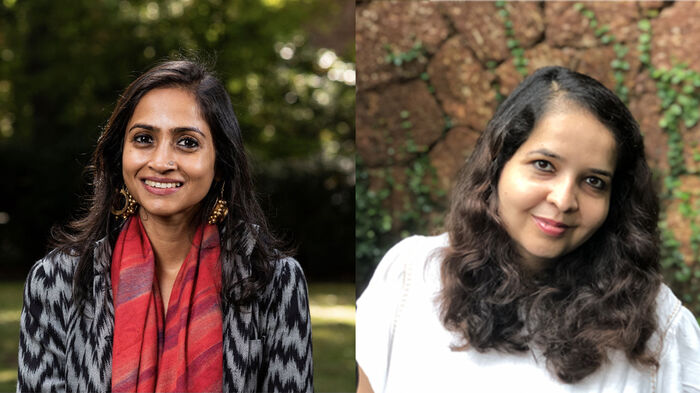
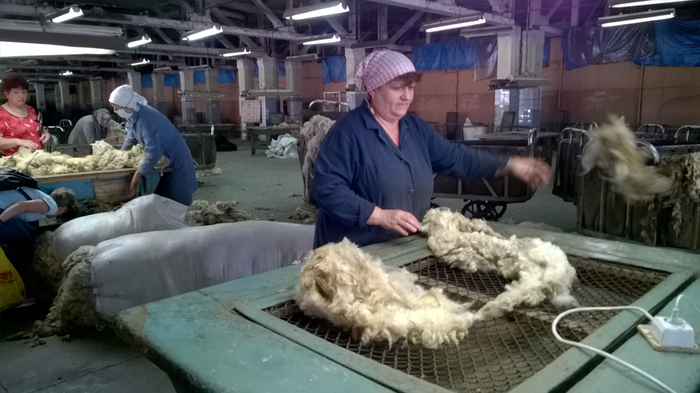
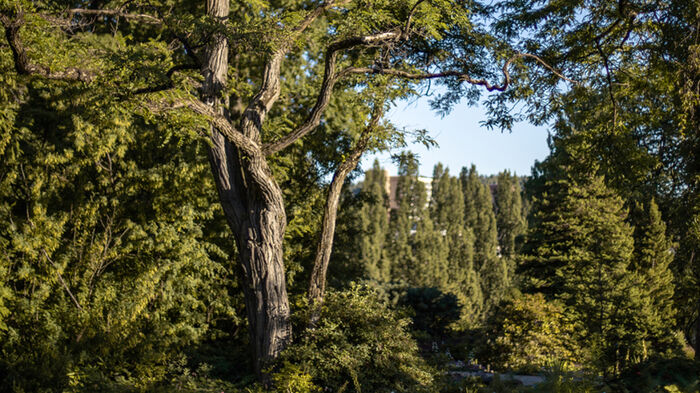
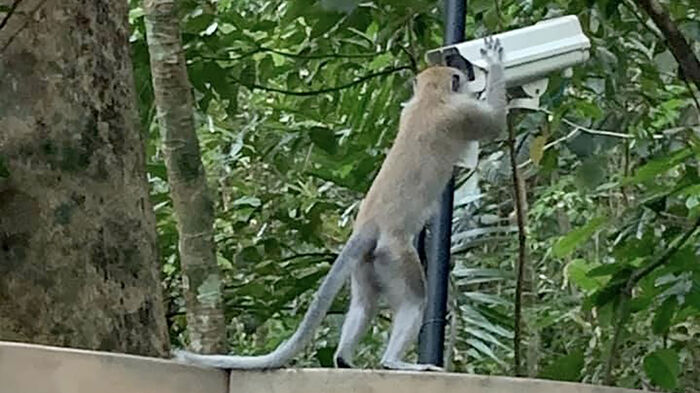
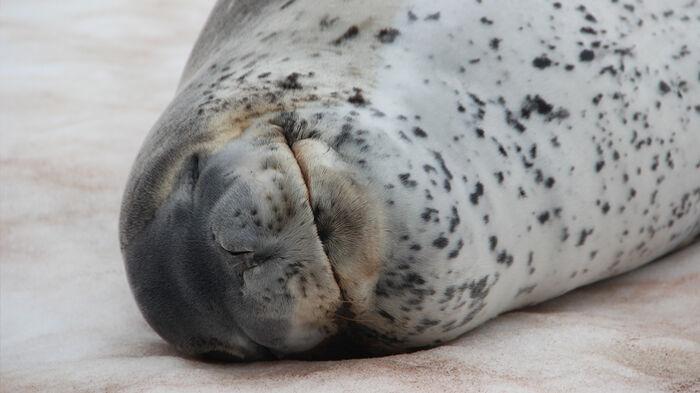
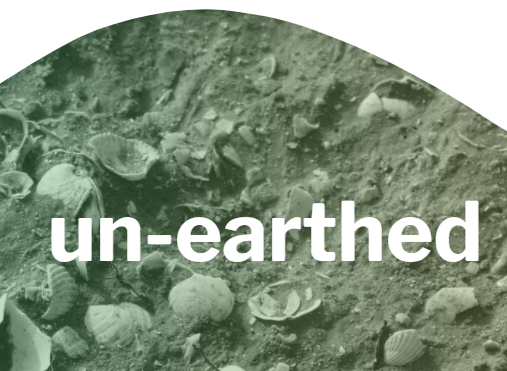
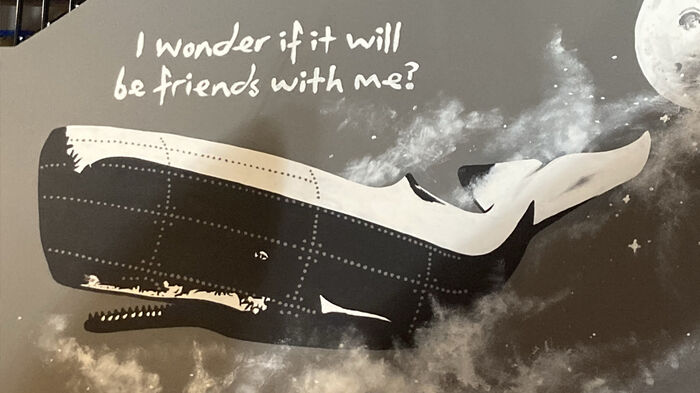
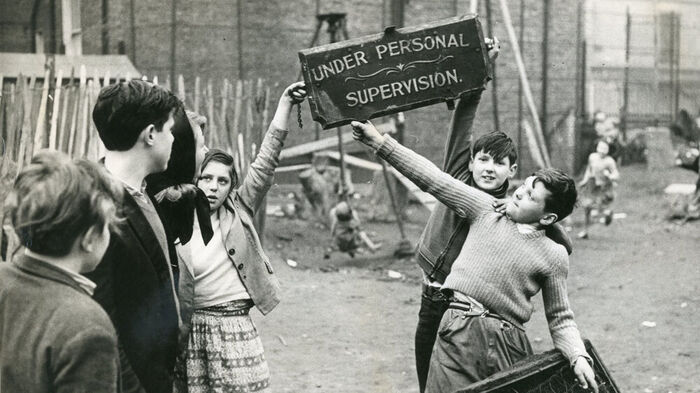
.jpg?alt=listing)
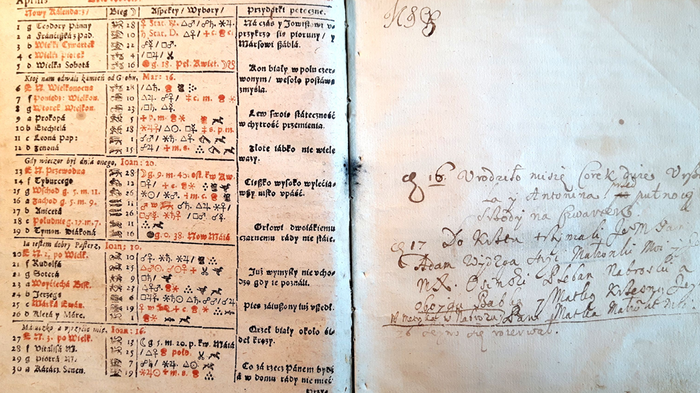
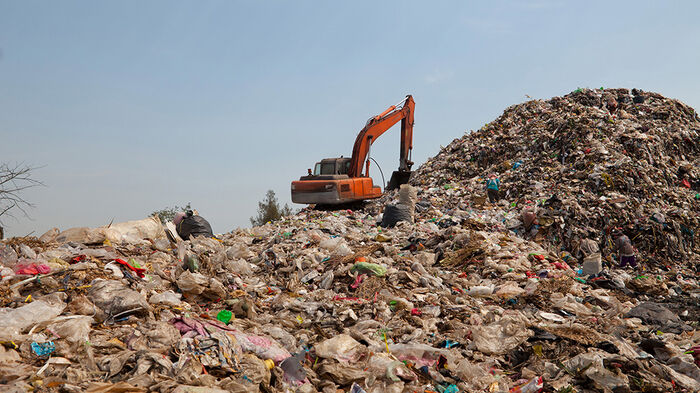
_mycelium_in_petri_dish_on_coffee_grounds-copy.jpg?alt=listing)
